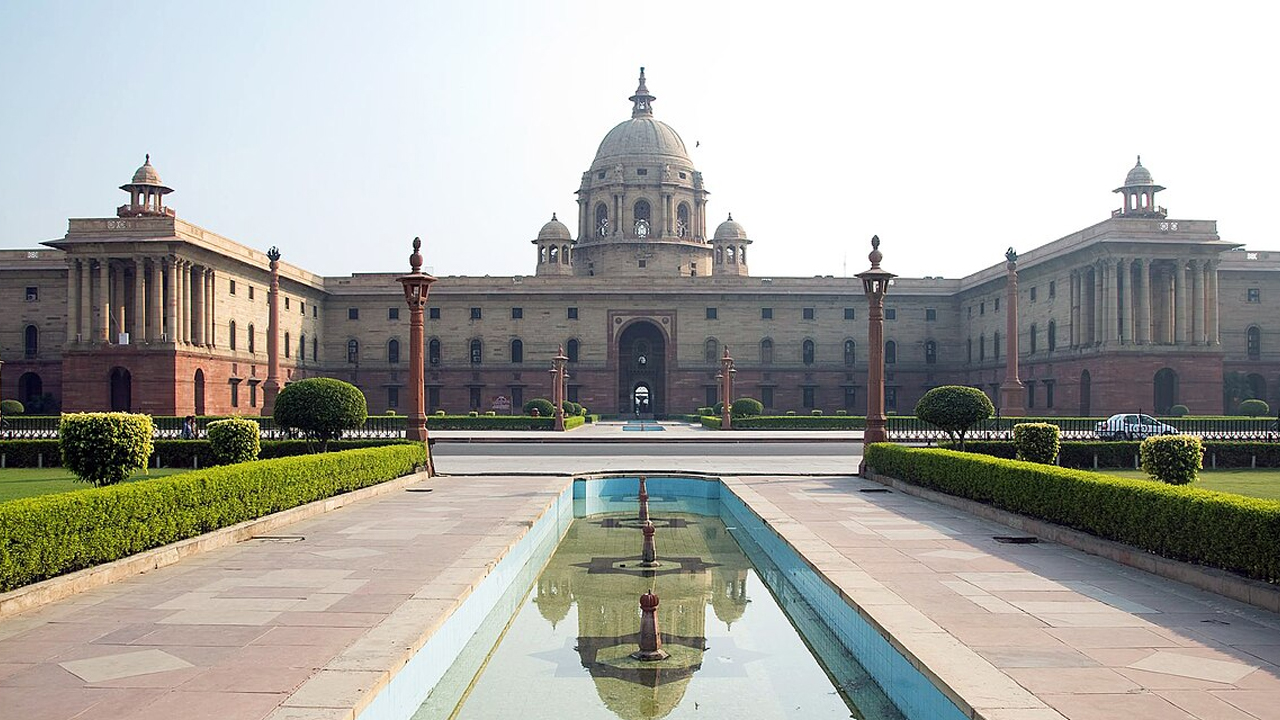India Moves Towards Precision Timekeeping: Legal Metrology Rules for Indian Standard Time (IST) Announced
India Set to Standardize Indian Standard Time (IST) with Legal Metrology Rules for National Synchronization and Precision.

- Country:
- India
In a major step towards ensuring precision in national timekeeping, the Department of Consumer Affairs, in collaboration with the National Physical Laboratory (NPL) and Indian Space Research Organisation (ISRO), has announced a project to disseminate Indian Standard Time (IST) with millisecond to microsecond accuracy across the country. The initiative aims to enhance time synchronization for critical sectors, ranging from telecommunications to navigation and banking, supporting national security and economic efficiency.
Precision Timekeeping for National Security and Technological Growth
The Indian Standard Time (IST), maintained by the CSIR-NPL with a UTC+5:30-hour offset, is the backbone of India's time synchronization. While IST is crucial for a range of sectors—telecommunications, power grid synchronization, banking, digital governance, cutting-edge scientific research, and even deep space navigation—it has not been universally adopted across all sectors. Many Telecom Service Providers (TSPs) and Internet Service Providers (ISPs) still rely on foreign time sources, like GPS, instead of IST.
To address this, the Department of Consumer Affairs has taken proactive steps by constituting an inter-ministerial committee to develop a policy and regulatory framework to mandate the adoption of IST across all sectors. This committee includes representatives from NPL, ISRO, IIT Kanpur, CERT-In, SEBI, and other key government departments such as Telecom, Railways, and Financial Services.
Legal Metrology (Indian Standard Time) Rules, 2025: Standardizing Time Across India
The Legal Metrology (Indian Standard Time) Rules, 2025, published by the Department of Consumer Affairs, aim to standardize the use of IST across India. These rules mandate the synchronization of all legal, administrative, and commercial activities with IST, prohibiting the use of alternative time references unless explicitly permitted.
The draft rules were published on January 15, 2025, for public consultation, with comments due by February 14, 2025. These rules will apply across various sectors, including telecommunications, banking, energy, and public transportation, enabling seamless synchronization of communication networks, technological infrastructure, and public services.
For further details and to submit feedback, the draft rules are available here.
A Unified Time System for Enhanced Economic Efficiency and National Coordination
The adoption of precise IST is not just a matter of scientific accuracy; it is central to ensuring economic efficiency and national security. The rules will create a framework that enhances governance, cybersecurity, and operational efficiency through uniform timekeeping. Some of the key benefits include:
- Synchronization of digital networks: Ensuring that digital devices, public services, and IoT systems operate in harmony across the nation.
- Improved banking and financial services: Accurate timestamping for transactions, reducing discrepancies and supporting secure financial systems.
- Optimized infrastructure operations: Ensuring accurate scheduling for public transportation, emergency response coordination, and industrial processes.
Moreover, the rules will support India's global competitiveness by enabling synchronized manufacturing processes and enhanced technological integration.
Special Provisions and Exceptions
While the Legal Metrology (Indian Standard Time) Rules, 2025 mandate the use of IST across all sectors, exceptions will be made for scientific, astronomical, and navigational purposes with prior government approval. The rules also prescribe the adoption of reliable synchronization protocols, such as the Network Time Protocol (NTP) and Precision Time Protocol (PTP), to ensure the accuracy and reliability of IST dissemination.
A Decisive Step Towards Technological Advancement and National Security
These rules also focus on enhancing resilience in case of disruptions. Cybersecurity measures and alternative time reference mechanisms will be in place to ensure the continuity of time synchronization even in the event of cyberattacks or other operational challenges.
By establishing precise time standards across India, the Department of Consumer Affairs and its partner organizations are helping pave the way for technological advancements and economic efficiency. This landmark initiative will also strengthen India’s national security by ensuring that time-critical systems—such as navigation, telecommunications, and grid synchronization—are aligned with IST, providing a unified and resilient time framework.
A Future-Ready India
The implementation of the Legal Metrology (Indian Standard Time) Rules, 2025 marks a key milestone in India’s journey towards becoming a technology-driven and economically efficient nation. With synchronized systems across sectors, India is positioned to leverage the benefits of precise timekeeping in driving innovation, growth, and strategic security in the years to come.










